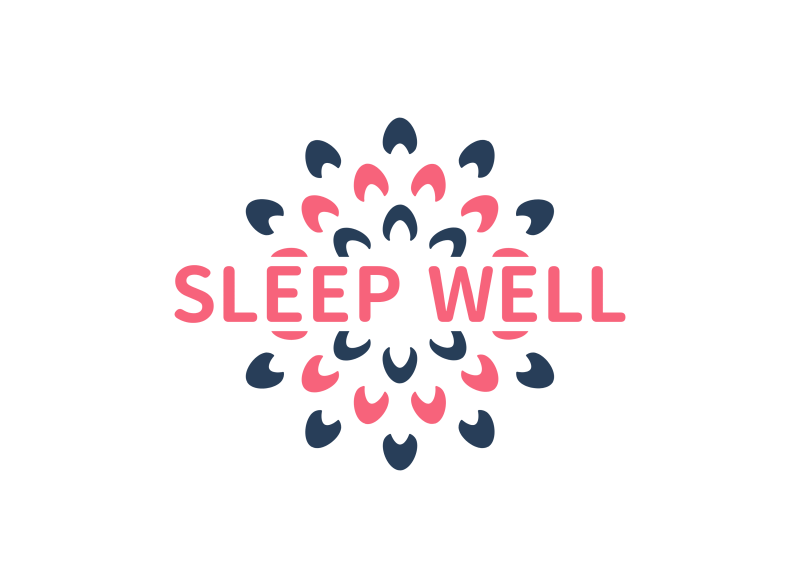The Link Between Sleep Disorders and Serious Health Complications: What You Need to Know
Sleep is essential for our physical and mental health, yet many of us don’t get enough of it. Sleep disorders can have serious health consequences, so it’s important to understand the link between sleep disorders and serious health complications.
Sleep disorders can be divided into two categories: primary and secondary. Primary sleep disorders are those that are not caused by any underlying medical condition. Examples of primary sleep disorders include insomnia, sleep apnea, and narcolepsy. Secondary sleep disorders are those that are caused by an underlying medical condition, such as depression, anxiety, or chronic pain.
Sleep disorders can lead to a variety of serious health complications. For example, people with sleep apnea are at an increased risk of developing high blood pressure, heart disease, and stroke. People with insomnia are at an increased risk of developing depression and anxiety. People with narcolepsy are at an increased risk of developing diabetes and obesity.
The good news is that there are treatments available for sleep disorders. For primary sleep disorders, lifestyle changes such as exercising regularly, avoiding caffeine and alcohol, and establishing a regular sleep schedule can help. For secondary sleep disorders, treating the underlying medical condition can help improve sleep. In some cases, medications may be prescribed to help with sleep.
If you think you may have a sleep disorder, it’s important to talk to your doctor. They can help diagnose the disorder and recommend the best treatment plan for you. Getting enough quality sleep is essential for your health, so don’t ignore the signs of a sleep disorder. With the right treatment, you can get the restful sleep you need to stay healthy and happy.
The Impact of Sleep Disorders on Mental Health: What You Need to Know
Sleep disorders can have a significant impact on mental health. If you’re struggling with a sleep disorder, it’s important to understand the connection between the two and how to manage it. Here’s what you need to know.
Sleep disorders can cause a range of mental health issues, including depression, anxiety, and mood swings. People with sleep disorders often experience difficulty concentrating, irritability, and difficulty making decisions. They may also have difficulty managing stress and may be more prone to substance abuse.
Sleep deprivation can also lead to cognitive impairment, including difficulty with memory and problem-solving. It can also lead to an increased risk of developing dementia and Alzheimer’s disease.
The good news is that there are treatments available for sleep disorders. Cognitive behavioral therapy (CBT) is a type of therapy that can help people learn how to manage their sleep patterns. Medications can also be used to help regulate sleep.
It’s important to talk to your doctor if you’re struggling with a sleep disorder. They can help you find the right treatment for your needs. It’s also important to practice good sleep hygiene, such as avoiding caffeine and alcohol before bed, and sticking to a regular sleep schedule.
Sleep disorders can have a serious impact on mental health, but with the right treatment and lifestyle changes, you can manage your symptoms and improve your overall wellbeing.




